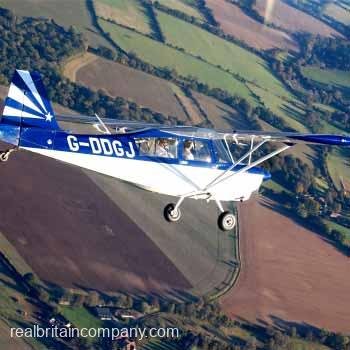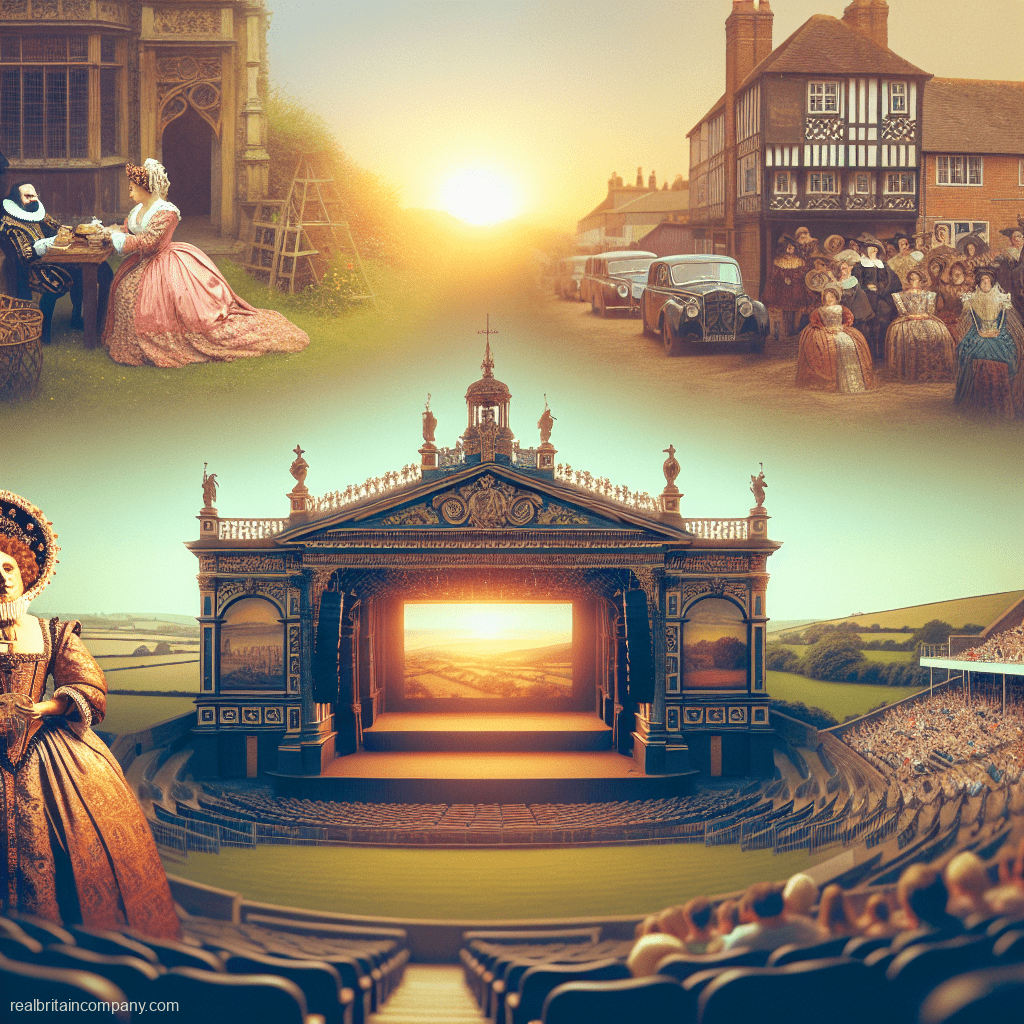

If you’re a lover of all things theatrical, the United Kingdom should be top of your travel bucket list. British theatre has a rich history that spans centuries, evolving from medieval pageantry to the cutting-edge West End productions we know today. Buckle up, dear reader, as we embark on a whirlwind tour through the ages, sprinkled with a dash of humour and just the right amount of historical gravitas.
Before Shakespeare strutted his stuff, British theatre was a quirky affair. The earliest forms of theatre in Britain were Mystery Plays, religious dramas that depicted Bible stories. These were performed on makeshift stages called pageant wagons.
Fun Fact: The York Mystery Plays, considered some of the best examples, are still performed today in York every few years. They began in the 14th century!
Now for the juiciest chapter: The Elizabethan Era. London became the epicentre of theatre, and no tale of British theatre is complete without mentioning William Shakespeare. The Bard’s contributions during this period fundamentally shaped modern theatre.
Today, you can visit The Globe Theatre, a meticulous reconstruction of the original. This unique experience allows you to feel the same wooden floorboards underfoot as the Elizabethan audiences did.
Fun Fact: The Globe Theatre had a thatched roof, which made it susceptible to fires. In fact, the original Globe burned down in 1613 during a performance of Henry VIII, due to a misfiring cannon. Safety first, folks!
Must-Visit:
After a brief period where playhouses were closed by the Puritans (bit of a bummer, right?), the Restoration of the monarchy in 1660 brought theatre back with a bang. Think opulence, think indoor theatres, and think women on stage for the first time!
Fun Fact: The Theatre Royal Drury Lane doesn’t just have ghosts in its plays; it’s also said to be one of the most haunted theatres in the world!
Must-Visit:
The Victorian era ushered in a proliferation of theatres across the country, bolstered by the Industrial Revolution. New technologies allowed for more elaborate productions, and social changes made theatre-going a popular pastime.
Fun Fact: Queen Victoria loved theatre and often attended performances discreetly. Imagine bumping into her at interval!
Must-Visit:
British theatre didn’t just stop evolving once we hit the 20th century. The rise of the musical, the gritty dramas of post-war Britain, and the absurdist plays of the 60s all add to the rich tapestry.
Today, the West End is akin to Broadway’s angsty sibling, offering everything from blockbusters like Les Misérables to the avant-garde.
Fun Fact: Did you know London’s West End is the largest theatre district in the world? Stick that in your playbill!
Must-Visit:
From medieval morality tales to the dazzling lights of the West End, British theatre offers a riveting script filled with drama, innovation, and cultural richness. Here’s a quick recap:
So whether you’re planning to explore the remains of medieval pageant wagons, walk in Shakespeare’s footsteps, or marvel at modern-day masterpieces, Britain’s theatrical landscape offers an experience like no other.
Question to Our Readers: What’s your favourite period in British theatre history, and which plays or playwrights would you love to see come to life? Share your thoughts in the comments below!
